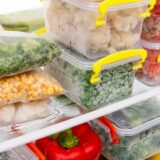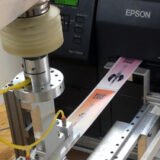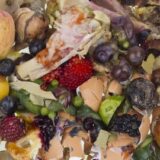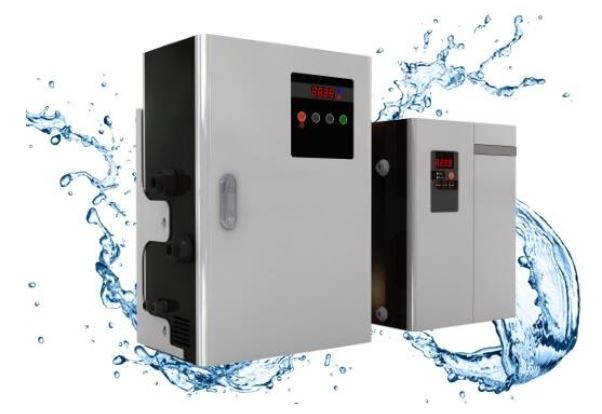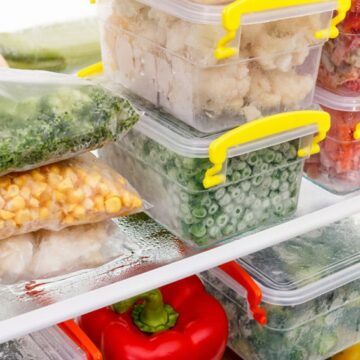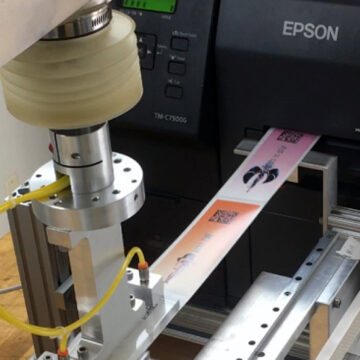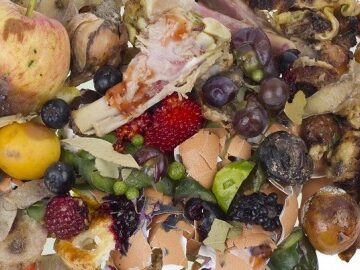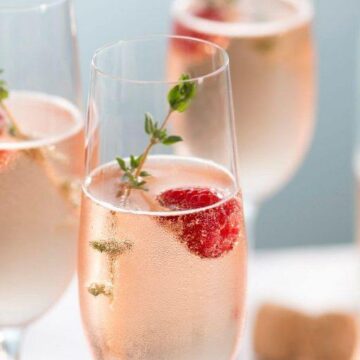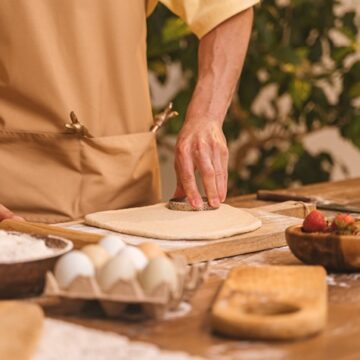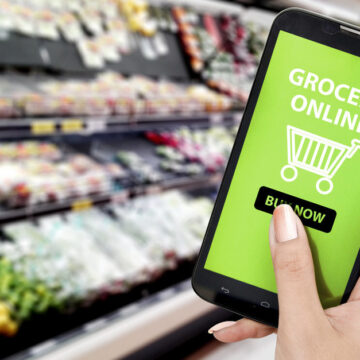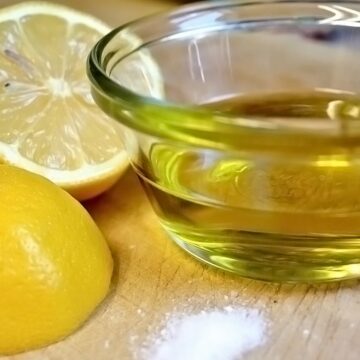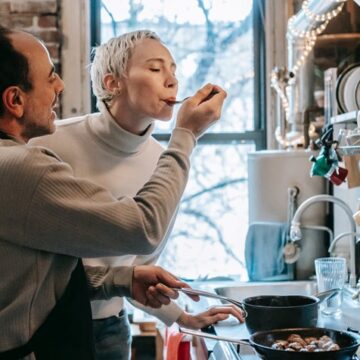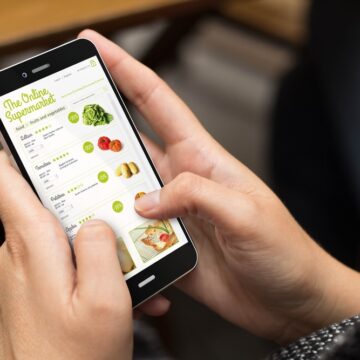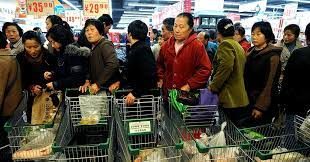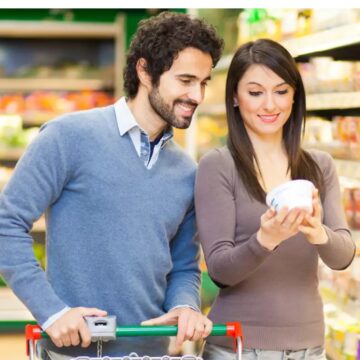From farming, breeding, growing, and harvesting, to storing, packaging, preparing, delivering, and serving food products – the food and beverage (F&B) industry has high standards of cleanliness. Because of the nature of the products and services it deals with, it’s an industry extremely susceptible to spoilage, rotting and contamination. At a time when broader society deals with a heightened sense of food security, the industry is looking at new ways to implement enhanced cleansing and sanitization protocols. And that’s where they’re finding an in-house HOCL water generator a powerful ally.
Broad-based Applicability
Components within the F&B industry include food manufacturing operations, food transportation services, ranches and farms, restaurants, cafeterias, delis, pubs, fast food outlets, cafés, catering businesses, and many others. Given this breadth of scope, their sanitization and hygiene challenges are equally broad based.
Typically, enhanced cleaning protocols, in the F&B industry, comprise of two processes:
- Cleaning In Place (CIP): Which applies to cleaning and sanitizing fixed equipment and tools
- Cleaning Out of Place (COP): That covers other (non-CIP) elements, including counters, floors, movable equipment, and touch surfaces
The ability to make electrolyzed water on-premises, adds flexibility to both CIP and COP protocols. That’s because staff never have to worry about interrupting the cleansing process for fear of running out of disinfectant and sanitization materials. The ability to produce HOCL water, in requisite quantities “on demand”, and store them for continuous use, ensures uninterrupted compliance to the high safety standards of the F&B industry.
HOCL – The Ideal Choice
So, why is an HOCL-based sanitization protocol the preferred way to go? Well, two reasons:
- Chemical-free
- Cost effective
Unlike bleach-based cleansers, with an in-house HOCL water generator, the industry can produce sanitization fluid without the use of harsh chemicals. Through the process of electrolysis, HOCL water is produced using household table salt, water, and electricity – that’s it! This simple, chemical-free process means HOCL is safe for everyone – staff, guests and clients, animals, fresh produce, and anyone that comes in contact with the solution.
The F&B industry is typified by vast counter tops, large storage spaces, huge sheds and warehouses, rows of chairs, tables, and shelves. However, the EPA’s list of touch surfaces extends beyond the “typical”.
To implement an effective enhanced cleansing protocol in these environments, requires substantial quantities of sanitizer and cleansing fluids. With the cost of a gallon of commercially-available disinfectant approaching $17 – implementing enhanced cleansing protocols can get prohibitively expensive!
Businesses that can make electrolyzed water in-house, using an HOCL machine, have a cost-effective way to provide enough sanitizer to cover all aspects of their safety protocols. Additionally, however, owning and operating your own HOCL maker decouples your business from supply chain risks plaguing every business today.
Sourcing common table salt is easy. Now, all you need is water – of which every F&B business usually has unlimited supply, and you’re ready to create your in-house sanitizer. Just plug your machine into your power grid, and you’ll have stress free access to implement your safety protocols to the highest standards of the industry.
